Author:
Jovana Pešić
0 Comments
"Truly, that idea has to 'drive' you; it can't be something that's pursued solely for money but rather for a slightly larger initiative." -Anđela Kanjo Today, I'm interviewing Anđela Kanjo, a college peer of mine who embarked on her entrepreneurial journey during her high school years. Anđela is currently a second-year student at the Faculty of Organizational Sciences, specializing in Software Engineering. Alongside her colleague Filip Oketić, she co-founded Moveably, a digital platform that facilitates connections between carriers and potential clients through an auction-based system where clients post their transport needs, and carriers bid for the job, allowing clients to choose the best offer. Moveably emerged from Anđela's observation of underrepresented needs in the transportation sector. She nurtured her idea from its inception in school, through local and national competitions, to international recognition at the European Competition of the Best Student Companies in Estonia. In our discussion, Anđela shared insights into her personal journey, the development of Moveably, her academic pursuits, and the challenges and motivations inherent in her path as a young entrepreneur. Given that you're a student at the Faculty of Organizational Sciences and started Moveably while still in high school, how do you manage to balance between university and running your own business? I've been involved in entrepreneurship since the first year of high school, alongside extracurricular activities like music school and sports. These activities have become a part of who I am, and I thrive on staying busy. When it comes to balancing university and my business, I don't see university as something daunting or boring; instead, I view it as a source of opportunities. It provides me with contacts, information about new competitions for Moveably, and much more. People at university are always willing to help, listen, and guide, which I consider as a free course. Although it can be challenging during exam periods when everything piles up, having both university and my business is truly fulfilling. How has university contributed to better management of your startup? What are the most valuable skills you've gained from university that are highly applicable in practice? As a member of Fonis (the Association of Computer Science Students), I'm interested in your opinion on student organizations in general, the benefits you've gained from being a member, and whether you'd recommend it to other students. The Faculty of Organizational Sciences has provided me with a lot. One of the reasons I chose it is because of its focus on students and the management and business aspect. I believe that if you're willing to learn, you can gain a lot from this faculty. I've had wonderful experiences with professors who are always open to new projects and involving students in their activities, especially those involved in the Research and Development Center at FON. They have significantly contributed in various directions. The university has helped me enter the business world and understand the terms and phrases essential to it. It has enhanced my understanding of how startups are presented, emphasizing that it's not just about the idea and presentation but being aware of all the pros and cons, the problems we're solving, and why we're doing it. This university teaches you to be concise and get to the point. Student organizations are fantastic for preparing us for the corporate and business world. What makes them particularly valuable is that they're the best source of contacts. I've met many people through projects and the organization itself, with whom I've later collaborated on the startup. I highly recommend that people get involved, even if it's just in one project, to see how a larger project organization works because it's a genuinely complex thing. Organizations are not only great for socializing and networking but also for learning project management skills, which are essentially running a company. I've gained numerous skills from being part of an organization, including not being afraid to ask for help, which I believe is crucial when running a startup because we don't know everything, especially at a young age. Our surroundings are our greatest resource. What were the biggest challenges you faced when starting your startup? When I was launching my startup, since I never had any work experience, the biggest challenges were definitely on the financial side, especially since I had just finished high school, and finances always seemed daunting (they still do sometimes), as well as legal issues. There were quite a few unknown and unresolved questions, but we went and continue to go step by step. The most important thing is to react in time, but I've always had people around me whom I can ask for help with anything. That's why I like to say that people are truly the most important resource, because without them, I wouldn't have succeeded on my own. In your opinion, what are the most important qualities and what is the most important thing that someone who wants to start their own startup must invest in? Truly, that idea has to 'drive' you; it can't be something that's pursued solely for money but rather for a slightly larger initiative. Everyone who wants to dive into those waters needs to understand their idea, truly see its value, and discipline is another requirement. Discipline is definitely needed for a startup because it's not something that can be done intermittently. The team is also very important because, no matter how much we might differ in other things, we need to align in that visionary sense, see the same values, and be able to function while still being different in skills and working methods. My colleague and I have the same vision for the company, but we see things differently. I'm very detailed-oriented, while he's very productive, so when I start delving into things that aren't necessary, he reminds me that we need to move forward, yet my attention to detail has a significant impact on presenting us and our results well, for example, in competitions, and it leads us to new ideas. Where do you find the most motivation, and what drives you on a daily basis? What advice would you give to students and young people, in general, who are facing a lack of motivation, self-doubt, fear of others' opinions, and similar challenges? When it comes to motivation, I find it in the fact that I genuinely feel good while working on this. I really enjoy the moment when I can sit down and see what new can be added, what can be done differently here, communication with clients. There's an incredible feeling in me while doing this, and it's become such a daily part of my life that I can't imagine myself without Moveably and its logo around me. As for others' opinions, I think they shouldn't necessarily be seen as a bad thing. Of course, criticism is never pleasant, but it's extremely useful in the business world and in the startup world, so it's much better to hear what's not good than what is. We all know what's good about our ideas, but sometimes, because we're subjective, it's hard for us to see what might not work, and it means a lot to me when someone wants to give us suggestions, especially when that someone is well-intentioned. So, don't be afraid of others' opinions; they can help us notice our shortcomings and take our business to the next, better stage. As for starting a startup, we gained knowledge from various programs on how to present it, applied for competitions with financial rewards, and then there's the grant that supports startups in advisory and financial terms, so little by little, you can come to that initial capital and initial knowledge. The point is the desire to change something and contribute, solve a problem. Start from there and then be consistent. I would really recommend young people to try entrepreneurship, even while in high school; it's never too early to try out such competitions and programs. AuthorKsenija Manojlović What happened to the respect for those who shape young minds? What was once a symbol of respect and high status is now slowly fading. Reflecting on this phenomenon, I’go back to the time when teachers and educators were the bearers of knowledge and moral values. A special example of this is Saint Sava. Their work was not just a job but a calling that required patience, dedication, and a love for teaching. Teachers are not merely transmitters of knowledge; they shape the character of children. Today, while technology and science advance at the speed of light, it seems that this aspect of our society is at a standstill. Teachers, educators, and professors are the key to the development of a society. Yet, they seem forgotten and neglected in the race for progress. Financial support for education is insufficient, and environmental support often lacks. How much do we benefit from “modern technologies”? In a world where artificial intelligence and robots might potentially take over everything, we still need to critically reflect and carefully consider all the advantages and disadvantages. Is it really possible for a machine to fully take on the role of a teacher? If we just recall our own teachers, the first thing that comes to mind is the love and care they gave us. Therefore, I believe a robot will never be able to replace a human in that sense. Teachers and educators are bright spots in many of our lives because they are the first we encounter when we leave the family nest. Artificial intelligence cannot provide the tenderness that is essential for a child's development. Of course, we should use all the potential that modern times offer us in the right way. Technologies have significantly improved the quality of teaching, and we should not “run away” from them but rather critically evaluate and use them appropriately. How to restore the reputation of this profession? Every year, fewer and fewer students are interested in becoming teachers or educators. I don't think there is a quick and easy solution to this problem that can be realized overnight. The respect and authority didn't disappear overnight either. Definitely, each individual needs to change their attitudes, beliefs, and any prejudices they might have, and then society, as a collective community, will become a better and nicer place to live. The significance of the teaching profession is much more important than it seems at first glance, as many dialectical unities such as theory and practice, education and upbringing, material, formal, and moral education, etc., intertwine. Restoring the reputation and respect for this profession requires a collective effort from society so that we can once again recognize their significant role in shaping the future. Author:Jovana Todorovic Regardless of the year of study or the faculty we have chosen, we all face the challenges of student life, especially now, during the exam period. From balancing academic responsibilities and social activities to managing challenges and stress, every student goes through their struggle. As a peer who faces the same challenges as you, I believe that sharing personal experiences and useful strategies is significant for the success of each of us. Therefore, in this text, I share tips that have helped me study successfully and pass exams. I hope these tips will be supportive and inspirational on your student journey. 1. First and foremost, it is necessary to attend lectures regularly because you will learn many things beyond the textbook from the lecturers, such as some situations they have experienced during their long service in the field, which will help you prepare the content more easily for preliminary examination or exams. By attending lectures, you can also observe their professionalism in action. 2. Then, it is important to organize yourself well and utilize time in the right and more efficient way, which means that you will have some free time for relaxation at some point. You may encounter difficulties in organizing, so my advice is to use a planner and neatly select all tasks or simply jot them down in a notebook or sticky notes and always carry them with you. You can write down meetings, phone numbers, extracurricular activities, homework, etc. 3. Also, it's crucial to get to know your professors better. You can look up their biographies on the faculty website or ask older students about each professor's teaching style and what exam-taking is like with them. 4. Furthermore, it's very important to provide feedback and freely express your opinions, views, and interests during the teaching process, as you can awaken a sense in another participant in the interaction (in this case, the subject professor, but also colleagues) that they are following your work, listening to and understanding your presentation. This way, you can become recognizable and noticed. Speak freely because professors want to hear your opinion. The goal of the current teaching process is interactive work, not frontal. 5. Another important aspect of successful exam-taking is to complete all pre-exam obligations on time (seminar papers, presentations, research, etc.) because by respecting the deadlines set by the professor, you respect the professor and the time he/she dedicated to them to be achieved and done. 6. Another important thing is to fully fulfil set goals. Make an effort to fulfil a couple of promises and goals each semester that you have set for yourself. I don't just mean grades - but something that will make you happy and satisfied. These can be short-term or long-term goals. 7. Also, when studying, it's important to learn to distinguish and extract essential information from less important data so that you don't get lost in the sea of information provided by literature. Also, structure all these units in a logical sequence that will be easy for you to adopt. 8. Another piece of advice that can be helpful is to join a student organization or extracurricular activity that interests you. During these gatherings, you can make many friends with whom you can exchange your thoughts and experiences. 9. Always be positive and smiling, even when you don't feel like it. Simply leave all the problems you have at the entrance of your educational institution. 10. Lastly, I want to emphasize the need to find balance. This means that after the exam period, you find your release valve for all the stress, nervousness, and sleepless nights you had until that period. Enjoy walks, your hobby, socializing with your close and dear ones... AuthorNikoleta Mitkovic Challenges student life brings and how to overcome them |
AuthorFellows of Studenicca Foundation Archives
June 2024
Categories |
OUR WORK |
ABOUT US |
|



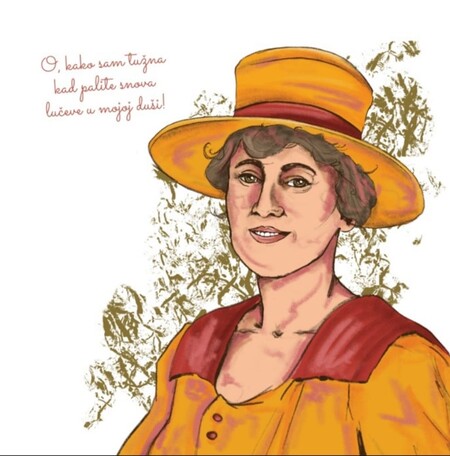
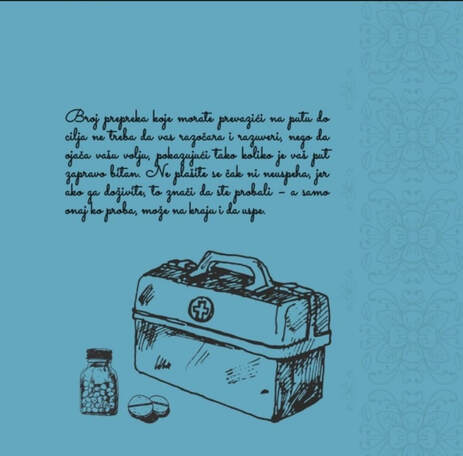
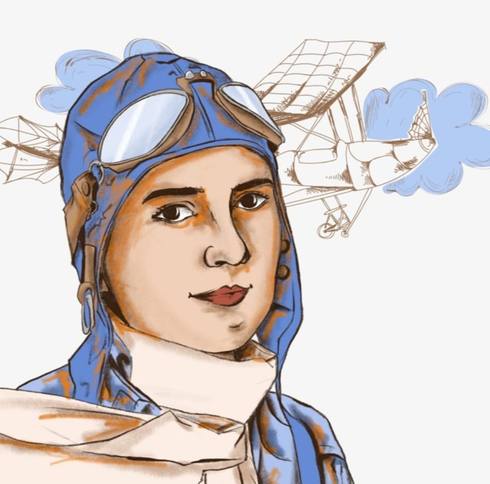
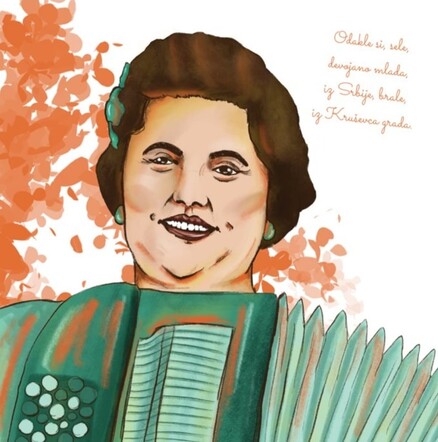
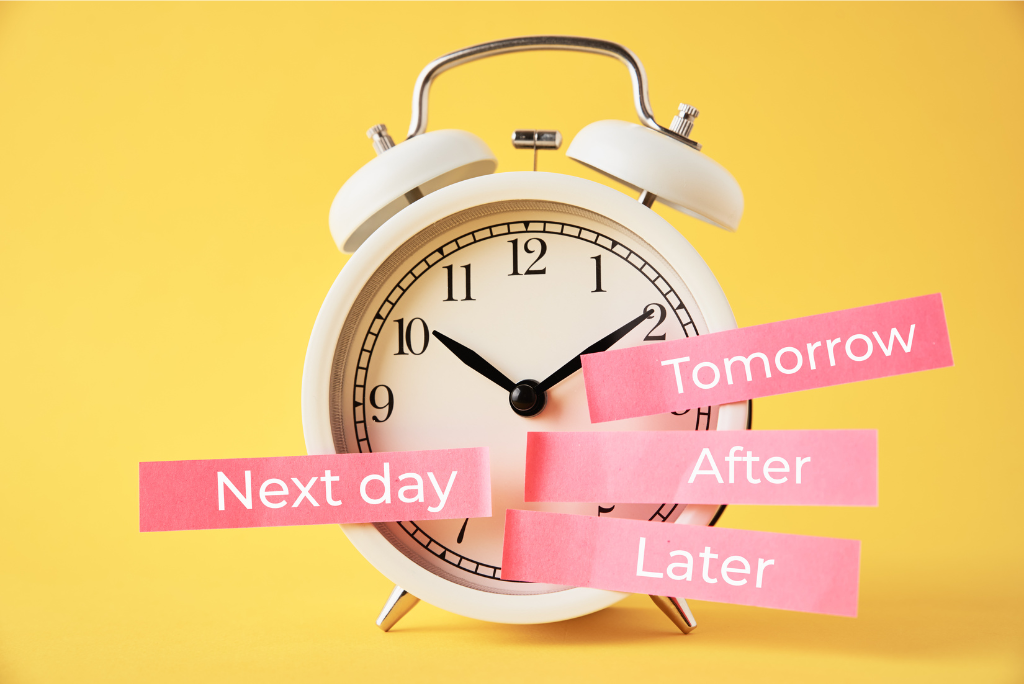
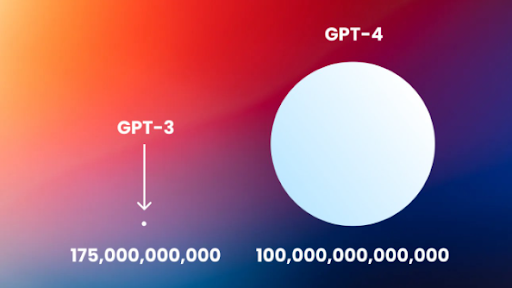
 RSS Feed
RSS Feed
